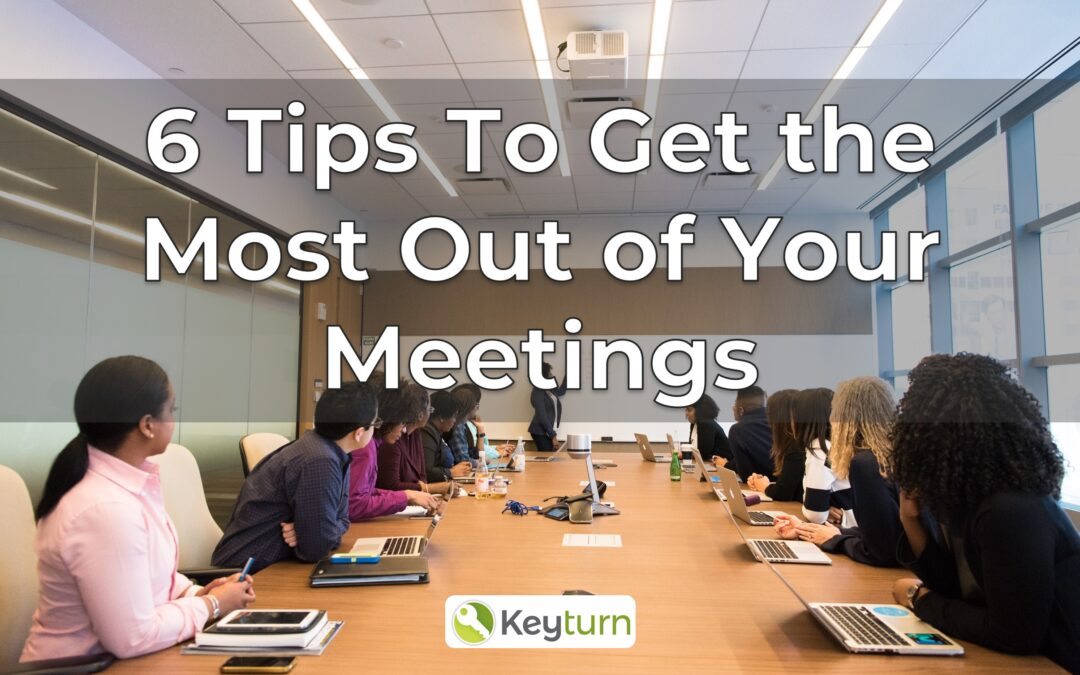Maximising Productivity: 6 Tips to Get the Most Out of Your Meetings
Meetings are a necessary part of any organization, but they can often be unproductive and time-consuming. In order to get the most out of meetings, it’s important to have a clear purpose, set an agenda, involve the right people, and follow up with action items. In this blog post, we’ll discuss some tips on how to maximize the effectiveness of meetings.
Set a clear purpose
Before scheduling a meeting, ask yourself: what is the purpose of this meeting? Is it to make a decision, brainstorm ideas, update progress, or resolve a problem? Having a clear purpose will help you determine who needs to be invited, what needs to be discussed, and what outcomes are expected.
Create an agenda
Once you have a clear purpose, create an agenda for the meeting. The agenda should include the topics to be discussed, the time allocated for each topic, and who will be responsible for leading each discussion. Share the agenda with all participants prior to the meeting so they can come prepared and know what to expect.
Invite the right people
Inviting the right people to a meeting is crucial for its success. Ensure that those invited have a stake in the outcome of the meeting, can contribute meaningfully, and have the authority to make decisions or take action. Avoid inviting people who are not necessary, as this can lead to time wastage and reduced productivity.
Start and end on time
Starting and ending meetings on time is a sign of respect for everyone’s time. It also helps to keep the meeting focused and on track. Ensure that everyone arrives on time, and if someone is running late, begin without them. Similarly, end the meeting on time, and if there are unresolved issues, agree on a plan to follow up and continue the discussion later.
Encourage participation
Encourage participation from all attendees to get diverse perspectives and ideas. One way to do this is to ask open-ended questions, and actively listen to what others have to say. Avoid interrupting or dominating the conversation, and ensure that everyone has an opportunity to speak.
Follow up with action items
To ensure that the meeting was productive, follow up with action items. Assign tasks to specific individuals, and set deadlines for completion. Share a summary of the meeting, including action items, with all attendees. This will help to ensure accountability and progress towards the meeting’s objectives.
Meetings can be a valuable tool for communication and collaboration within organizations. However, they can also be unproductive and time-consuming if not properly managed. By following these tips, you can ensure that your meetings are effective, focused, and productive, and that the outcomes contribute to the overall success of your organisation.

